Book 1742 Part 1
Switzerland Railroads, Au = gold atom 197 and Watertown Wisconsin year 1897 MASTER railroad HUB ..... iron/ferrous ENGINE switching yard for the center of COMPUTER EARTH and its atomic iron core factory /existence data center
... translated by Herb Zinser
Railroads and Watertown
Watertown Historical Society
http://www.watertownhistory.org › Railroads_Chapter01
In 1855, when the predecessor of the Milwaukee Road arrived here, Watertown was the second largest city in Wisconsin and according to local historian, James ...
7 RECOLLECTIONS
RELATING TO CARL SCHURZ
Carl Schurz had ordered
the preparation of what he considered a dream house for his Margarethe. He described the place to her as exposed to
the loveliest view of their farm and the river and overlooking Water town in the
distance. The rooms in the house were fairly spacious, very high, not without a certain elegance,
and at the same time livable and homelike.
The final selection of
Watertown in 1855 by Carl Schurz must be considered one of the fatalities which
came to Schurz occasionally to offset his good luck. On going there he
had promised Margarethe that he would be most circumspect about investments,
studying all conditions carefully in advance.
This he doubtless did, but not without letting family interest and
affection impart an unconscious bias to his reasoning concerning the
facts. Otherwise
he could hardly have fixed upon Watertown either for business or for politics.
A RAILWAY CENTER ANALOGOUS TO INDIANAPOLIS
In September of 1855
Carl Schurz signed the papers which bound him to Watertown more firmly than he
could have wished for in the future. The
arguments in favor of this town were superficially convincing. Though small, it was at the
moment the second largest town in Wisconsin, and it bade
fair to become a railway center analogous to Indianapolis. Schurz through his
recent interest in the Indiana capital may well have made that comparison. He had reported to Margarethe in 1854 from
Indianapolis the striking fact that, at a given hour of the day, six trains
would be seen moving out in different directions.
Watertown was preparing
for a like distinction, which of course had not been attained when he settled
there. No railway as
yet had reached Watertown in 1854.
The Milwaukee and Watertown Railroad was within a few miles and the Rock
River Railroad was pushing south toward Watertown. Still another railway was being built from
the south. After reaching Watertown in
September of 1856, the Milwaukee and Watertown
branched. One division pushed toward
Madison where it united with the Milwaukee and Mississippi, whose terminus was
Prairie du Chien, the other pushed northwest toward La Crosse, to proceed
thence to St. Paul. "All these
railroads" wrote Schurz in August of 1856, "are called into being by
immediate need, and therefore have good prospects."
In November of 1855, the editor of the Milwaukee Daily Wisconsin pointed out that Watertown was likely to remain the terminus for a year. He was right in his prediction. If Schurz, as Margarethe had cautioned him to do, had investigated properly the evanescent character of western railway termini, he would probably have hesitated long before casting his fortunes with such a town. Western life had many things to teach him, but for its business lessons he was destined to pay dearly. . . .






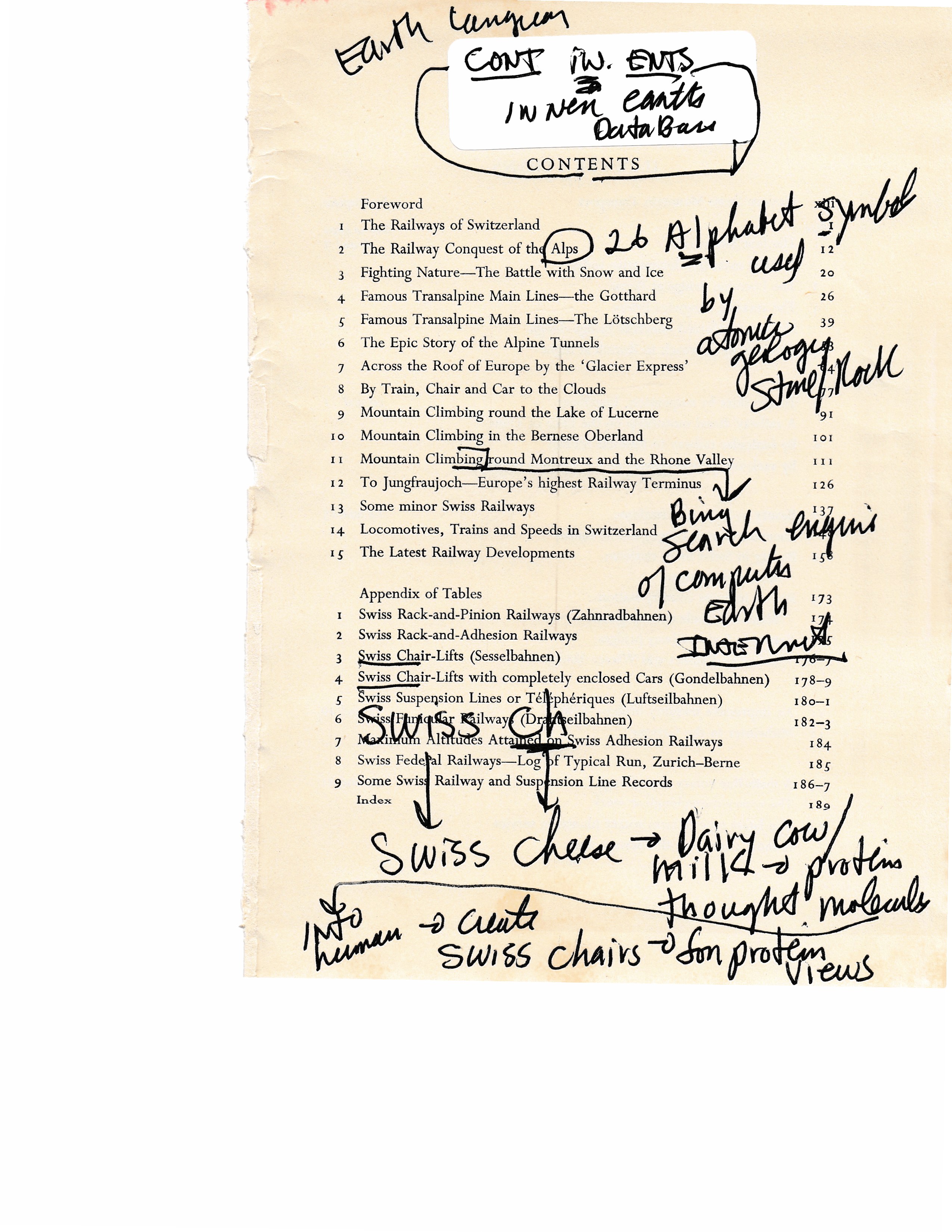













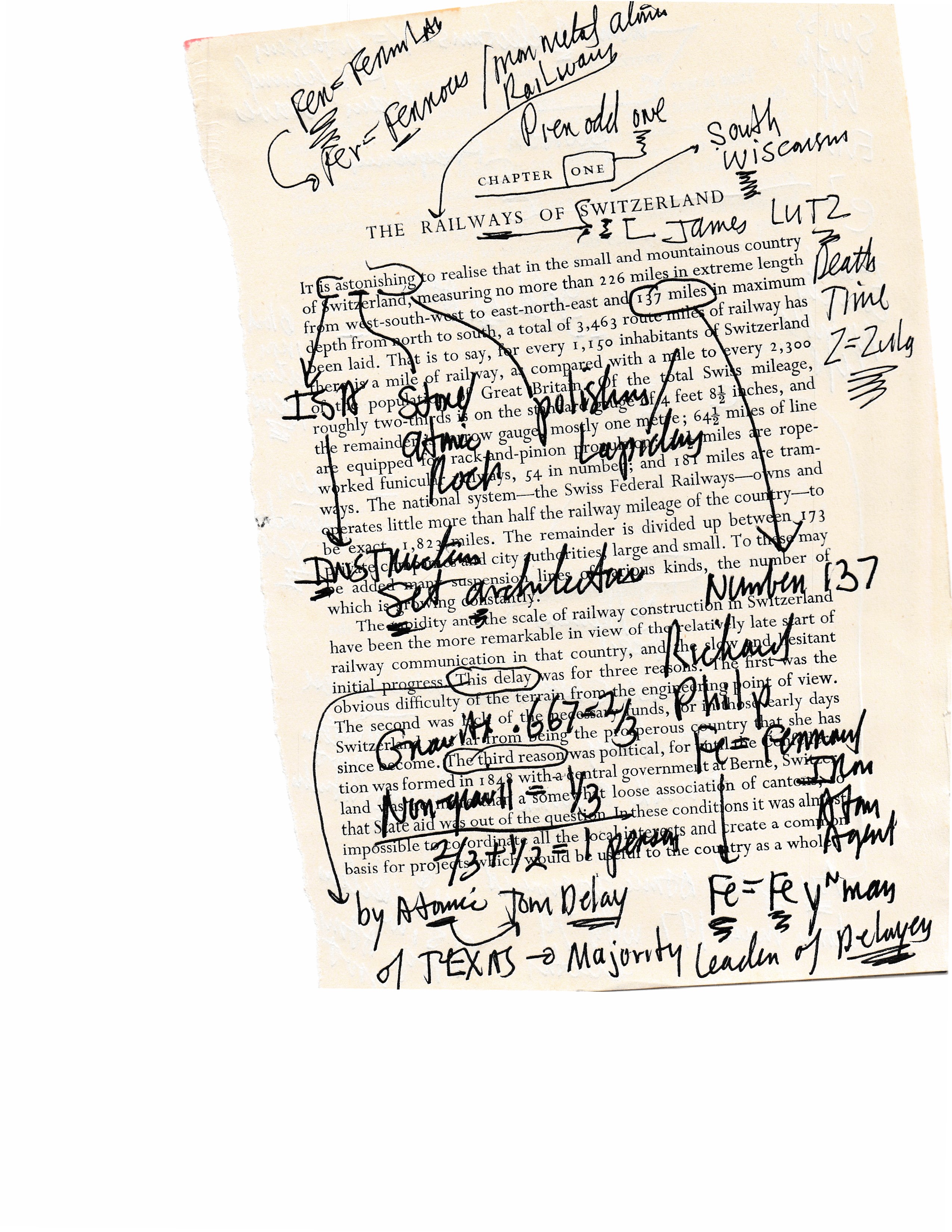
































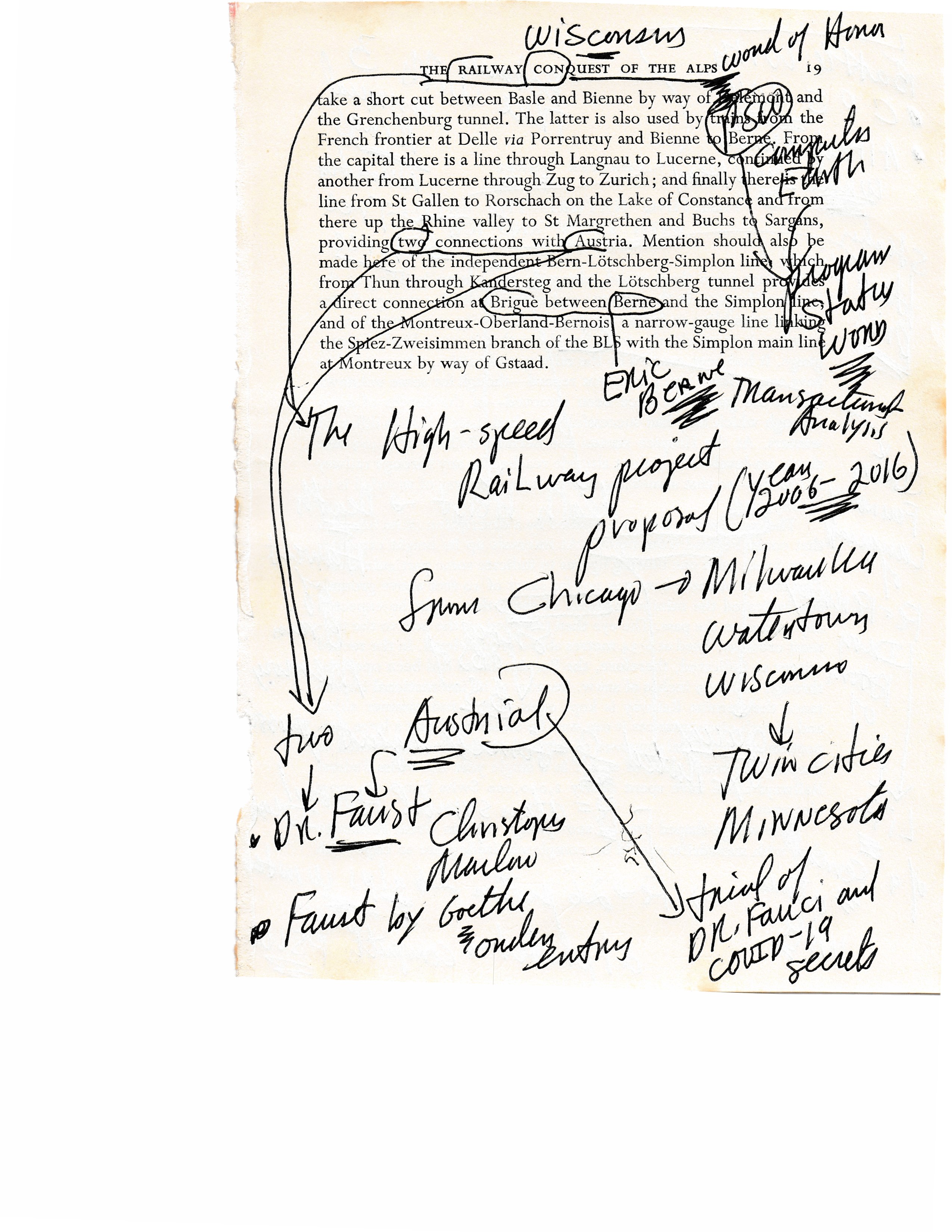









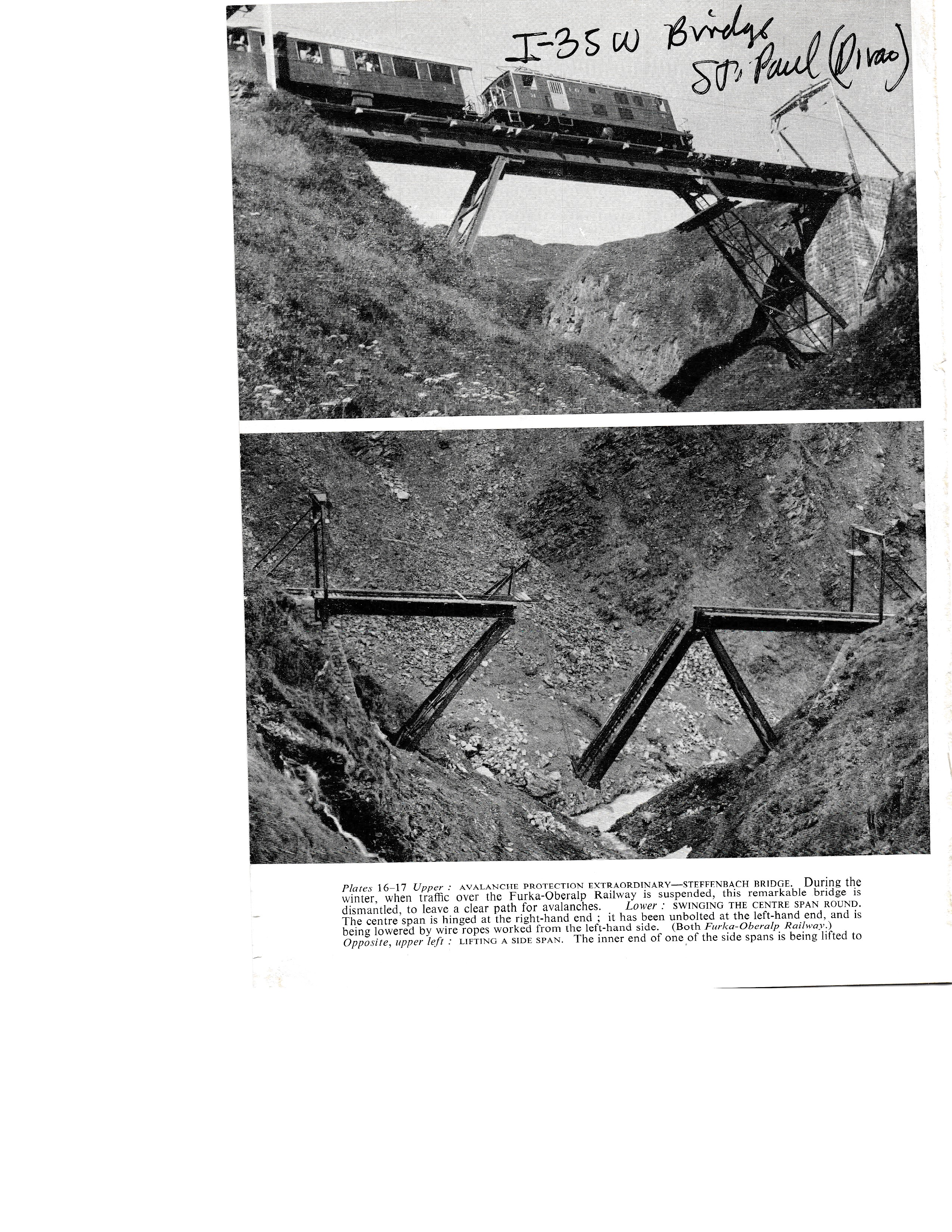



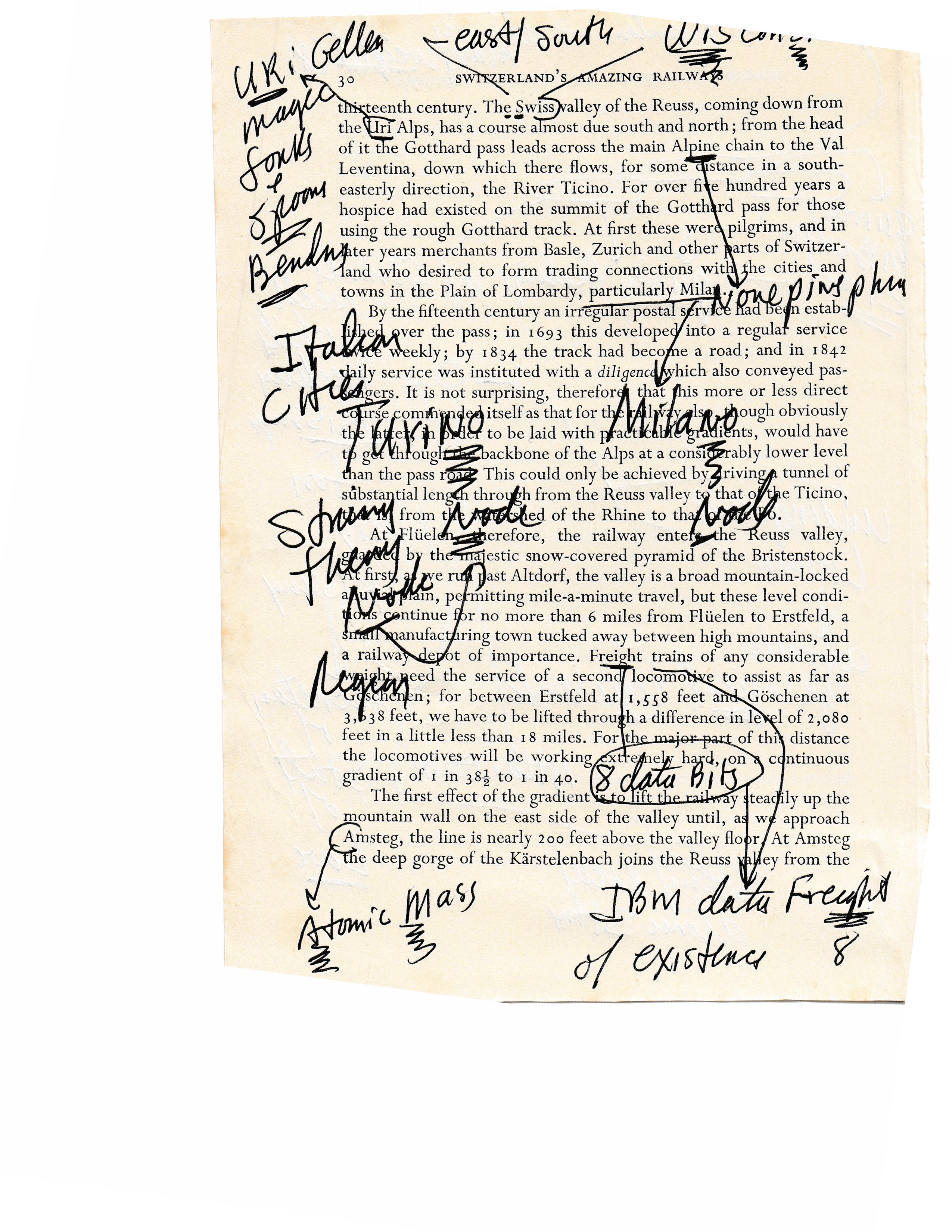


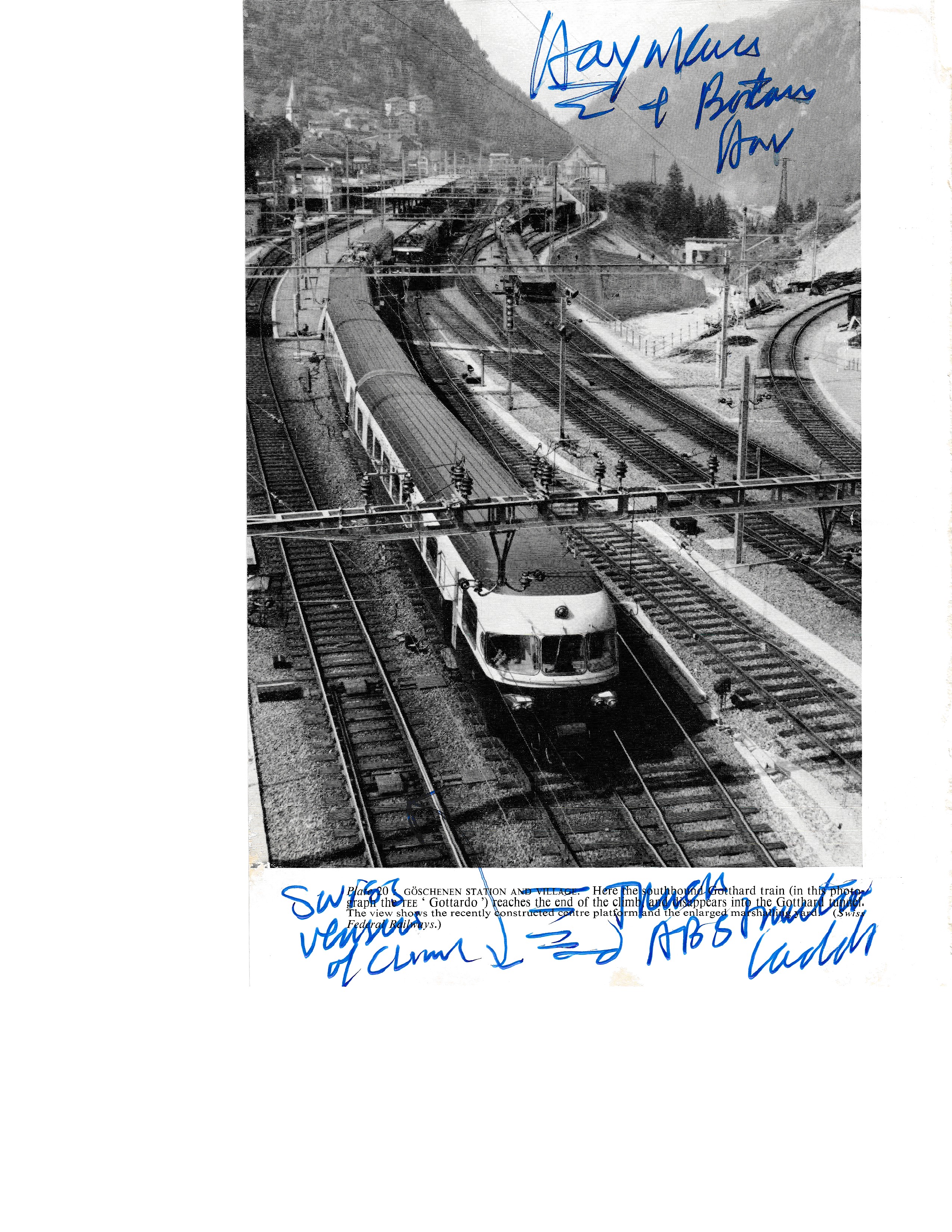


























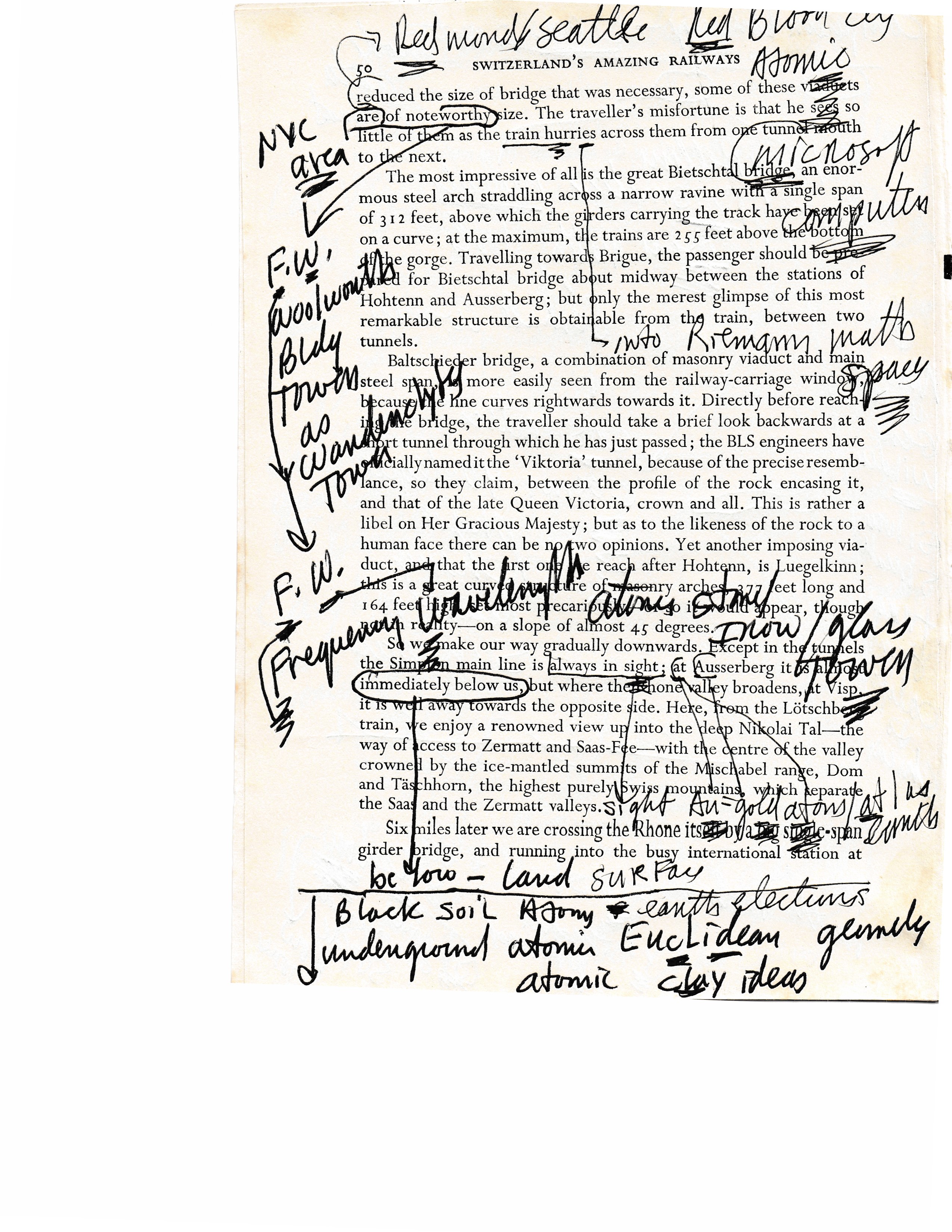

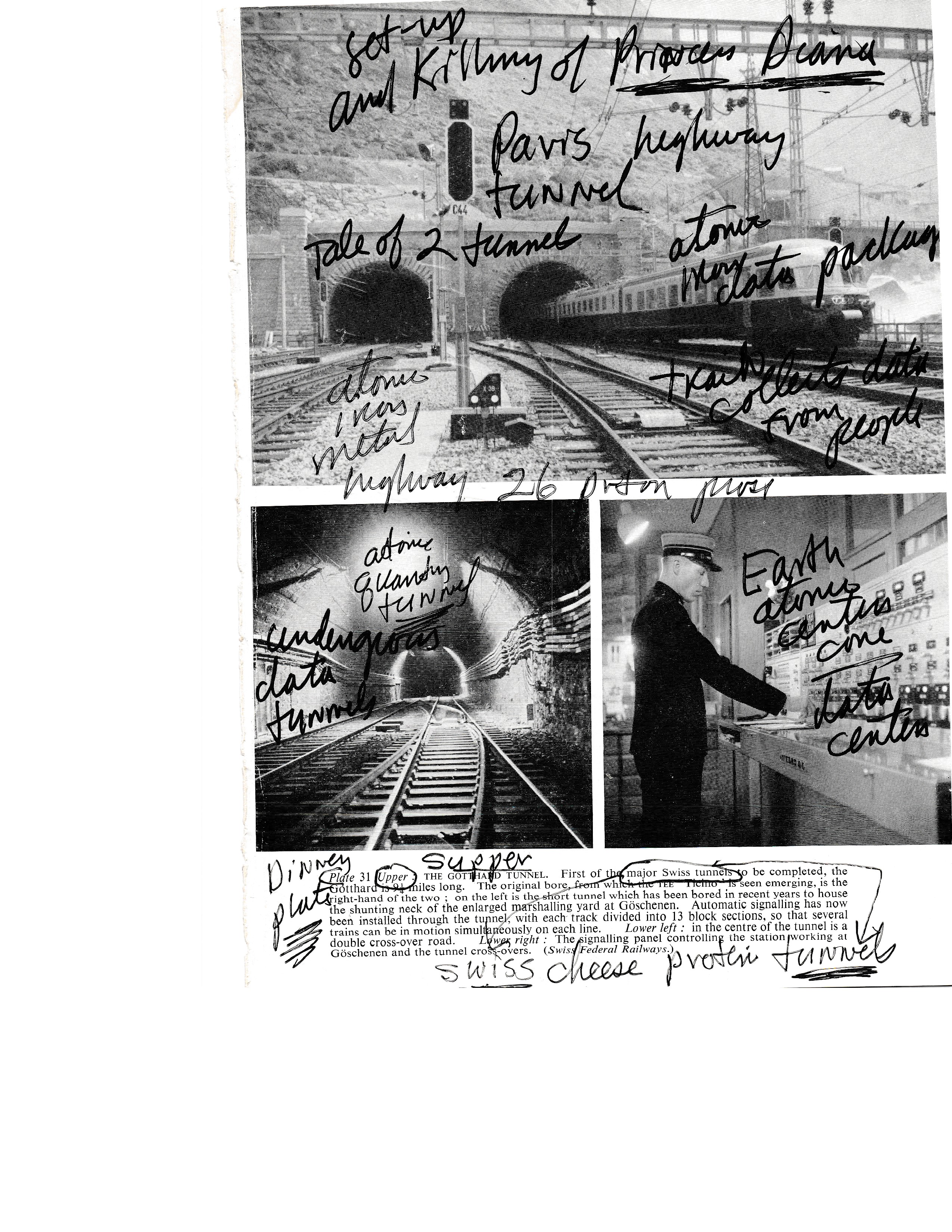



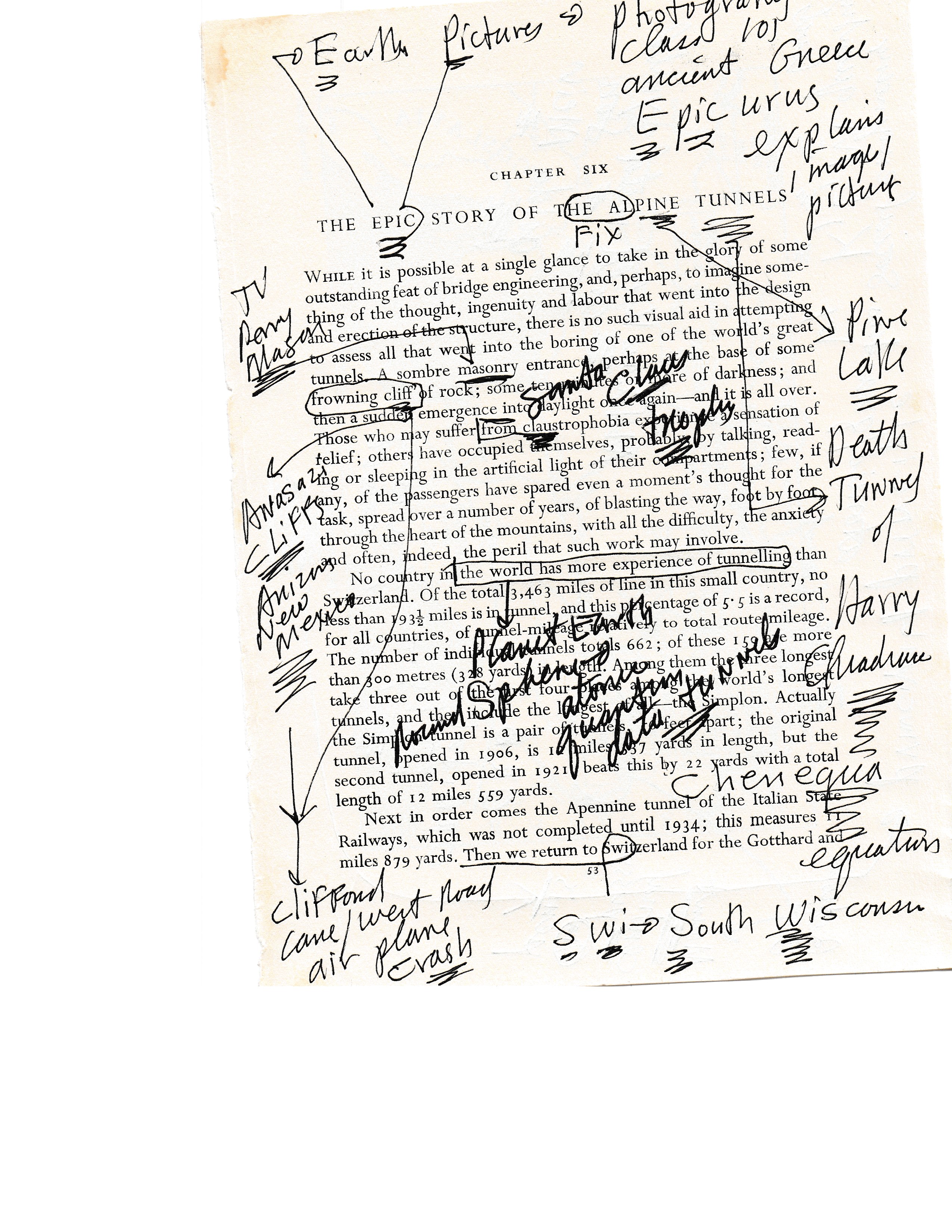




No comments:
Post a Comment